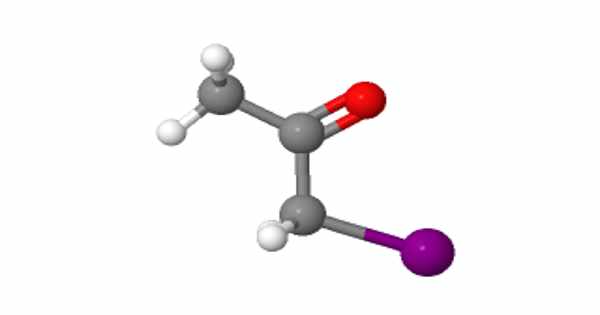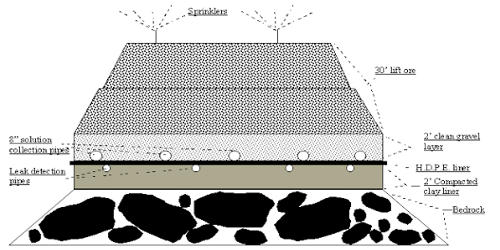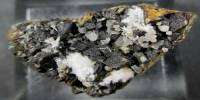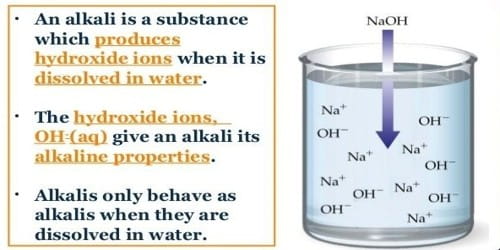Maybe the most prevalent element of biomass that most people have never heard of is lignin. That may be about to change.
Its biochemical cousin cellulose, a byproduct of the paper and wood processing industries, is well known to many people. But, according to industry analysts, the same procedures generate 50 million tons of lignin per year. Once distilled, 98 percent of the inky liquid is burned to produce electricity.
In order to exploit this naturally occurring polymer as a cleaner and greener building block to create the next generation of materials, scientists have been searching for more effective and long-lasting transformation techniques.
The researchers recently published their method in the journal ACS Central Science. It was created by chemists at Boston College and uses light to convert lignin into environmentally friendly plastics.
“We developed a catalyst that can selectively break down specific chemical bonds in lignin when it is exposed to light, such that the lignin is converted into intermediate-sized, soluble molecules called oligomers,” said Boston College Assistant Professor of Chemistry Jia Niu, a co-author of the study.
Transitioning from petroleum to biomass as the feedstock for energy and material production can help to address some of the most important challenges our society is facing, such as climate change and plastic pollution. New methods that can make advanced materials from lignin will greatly improve the efficiency for biomass utilization.
Dunwei Wang
According to the research, the scientists then reacted with crosslinkers, a molecular glue, to transform the oligomers into sustainable plastics. The polymers produced in this fashion can be chemically broken down back into the oligomers and reformed from the oligomers and the crosslinker because of the distinctive chemical structures of the oligomers the catalyst creates.
The findings advance a potential strategy for the waste-free system of polymer manufacture and re-use known as the circular plastic economy, said report co-author Dunwei Wang, Boston College’s Margaret A. and Thomas A. Vanderslice Chair in Chemistry.
“Transitioning from petroleum to biomass as the feedstock for energy and material production can help to address some of the most important challenges our society is facing, such as climate change and plastic pollution,” said Wang. “New methods that can make advanced materials from lignin will greatly improve the efficiency for biomass utilization.”
Wang and Niu, who share an interest in making sustainable materials, arrived at the project based on Wang’s expertise using photocatalysis to drive chemical transformations and Niu’s work making recyclable polymers.
“The pleasant surprise was the level of controls we were able to exert in decomposing lignin, which is a biopolymer that is notorious for its difficulty to break down,” said Wang. “Such a level of control paves the way for downstream applications.”
The study team hopes to further expand the new process that converts lignin into sustainable plastics that may be readily recycled through chemical means.
















